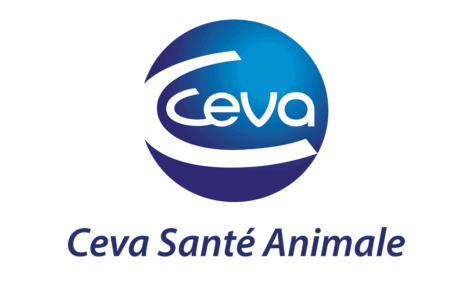



Panasonic's Bird Flu Precautions Questioned
GLOBAL - News reports that Panasonic Corp. has asked some of its overseas employees to send their families home to Japan because of the threat of pandemic influenza fueled puzzlement and speculation about the global H5N1 risk and whether other companies might follow suit.Bloomberg News reported that in December 2008 Panasonic asked employees in some of its Asian offices (excluding Singapore), Africa, Eastern Europe, and South America to send their families back to Japan by September.
Akira Kadota, a Panasonic spokesman, told Bloomberg that the request to employees is an element of its pandemic planning. "We chose areas after considering the prevalence of bird flu and the capability of medical facilities and access to them," he said.
Earlier this month, Panasonic announced that it was cutting 15,000 jobs and anticipated a loss this year. However, Kadota told Bloomberg that bringing the employee families home from certain areas wasn't a cost-cutting measure.
China and Egypt have recently reported human H5N1 cases, a typical pattern during cooler seasons, but avian flu experts have not reported any mutations that would make the virus more transmissible among humans, and global health officials have not raised the H5N1 alert level.
Gregory Hartl, a spokesman for the World Health Organization (WHO), told CIDRAP News that there has been no change in the perceived pandemic threat level that might explain Panasonic's action.
"We are still at pandemic phase 3," Hartl commented by e-mail. "The behavior of the virus remains the same now as in past years: an upturn in cases in the northern hemisphere winter months, but with the epidemiology remaining the same (little if any human to human transmission, and no sustained human to human transmission within the community). There is no public health justification for acting differently now from in previous years."
A senior US government official who asked to remain anonymous told CIDRAP News today that though the pandemic threat persists and the need for preparations is critical, officials see no increased threat that would prompt any revisions of their pandemic advice or warning messages to Americans living abroad.
Michael T. Osterholm, PhD, MPH, director of the University of Minnesota Center for Infectious Disease Research and Policy, publisher of CIDRAP News and the CIDRAP Business Source, said he fielded a number of calls today from people in several business sectors who were worried about the significance of Panasonic's move. "They wanted to know if this is for real," he said.
Penny Turnbull, PhD, senior director for crisis management and business continuity planning for Marriott International, Inc., said she was surprised and perplexed by Panasonic's decision, given that there has been no significant change in the number, location, or transmission of avian flu infections in humans. She said the implications for other companies aren't clear.
"Companies might wonder on what intelligence Panasonic based this decision, but I find it hard to believe that any will be following suit in the near future, though they might start monitoring the news more closely for some time to come," said Turnbull, who is also an editorial board member of the CIDRAP Business Source.
Osterholm said heightened concern over the Panasonic news is a reminder that a company's decisions can have far-reaching unintended consequences and that in the early days a pandemic is likely to generate hysteria, not factual or science-based information.
He also said that Panasonic's decision isn't a breaking news story, because the company reportedly issued the new policy in December. "If this was a real pandemic concern, companies would have minutes to hours, not weeks to months, to prepare for this," he said.
Panasonic's decision to repatriate the families of employees in some of its locations raises more questions about the company's motives or if its risk assessment is seriously flawed, Osterholm added. "This tells me how ill prepared some of these companies are," he said.
Bloomberg News published its initial story on Panasonic's request to its foreign employees last night, citing a Nikkei news story that did not quote any Panasonic sources. That prompted a handful of editors from prominent pandemic flu blogs, such as Avian Flu Diary and A Pandemic Chronicle, to swing into action, said Sharon Sanders, editor-in-chief of FluTrackers, a well-known Web message board that focuses on avian flu developments.
The editors met online late last night to coordinate their coverage of the story and ask their contributors to translate foreign-language information on the Panasonic development, Sanders told CIDRAP News. She said she connected with Panasonic's spokesman in Japan last night to flesh out some of the facts, which Bloomberg obtained and reported in today's updates of its stories.
Further Reading
| - | You can visit the Avian Flu page by clicking here. |








